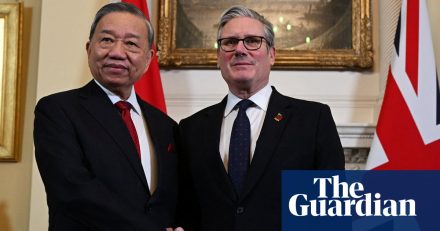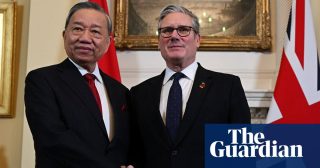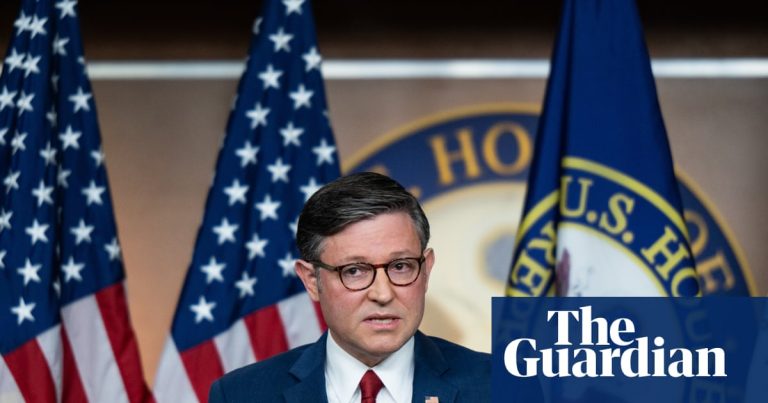The United States has sent $7.5m to the government of Equatorial Guinea, one of the world’s most repressive and corrupt regimes, to accept noncitizen deportees from the US, according to a senior congressional Democrat, current and former State Department officials and public government records.
The sum came from the Migration and Refugee Assistance (MRA) emergency fund, which Congress apportions to address international refugee crises and sometimes to resettle refugees in the US. Under the Trump administration the fund was repurposed to hasten deportations, officials said, with this payment sent directly to Equatorial Guinea’s government. President Teodoro Obiang Nguema Mbasogo has led the country for 46 years; he and his son, Vice-President Nguema Obiang, have been accused of embezzling millions to finance lavish lifestyles.
Senator Jeanne Shaheen, the top-ranking Democrat on the Senate Foreign Relations Committee, called the payment “highly unusual” in a letter to Secretary of State Marco Rubio, citing the country’s “history of corruption” and government officials’ “complicity in human trafficking” and asking what protections exist to ensure deportees would not be “vulnerable to human trafficking, human smuggling or human rights abuses.” A copy of the letter was obtained by the Guardian; the Associated Press first reported the story.
The payment aligns with the administration’s controversial third-country deportation push that has alarmed human rights monitors. UN experts warned in July the policy could see people removed to foreign countries within a single day, without adequate legal safeguards or the opportunity to raise torture or persecution concerns.
Washington has approached at least 58 governments about accepting deportees, often securing agreements through cash payments or diplomatic pressure, including threats of travel bans. Many of the countries involved — such as Eswatini, South Sudan and El Salvador — are cited in State Department reports for serious human rights abuses.
A State Department spokesperson said implementing the Trump administration’s immigration policies is a top priority and reiterated a commitment to end illegal and mass immigration and bolster border security, adding they had no comment on diplomatic communications’ details.
US Deputy Secretary of State Christopher Landau met in September with Vice-President Obiang, who was convicted by a Paris court in 2017 of embezzling tens of millions of euros and laundering proceeds in France. The US Department of Justice in 2012 determined he had spent $315m worldwide on properties, supercars and other luxury goods; US authorities later seized more than $27m, including properties, cars and a jewel-encrusted glove linked to Michael Jackson.
On the sidelines of the UN General Assembly, Landau and Obiang “reaffirmed joint commitments to deepen commercial and economic ties, combat illegal immigration, and advance security cooperation,” the State Department said. Obiang later confirmed he would cooperate with the US on the “orderly reception of undocumented immigrants, under strict joint protocols designed to guarantee a safe and coordinated process.”
Observers noted the agreement was made discreetly. A congressional aide called the direct transfer to a “highly corrupt” government a red flag and described the deal as a “notable, egregious agreement.” MRA funds are traditionally used for responding to refugee and humanitarian crises overseas — for example in Gaza or Sudan — prompting questions about why the money was diverted to Equatorial Guinea.
Another Democratic congressional aide suggested the State Department may have only shared the agreement with Republican lawmakers. The office of Senator James Risch, Republican chair of the Foreign Relations Committee, did not immediately respond to a request for comment on the agreement’s duration.






